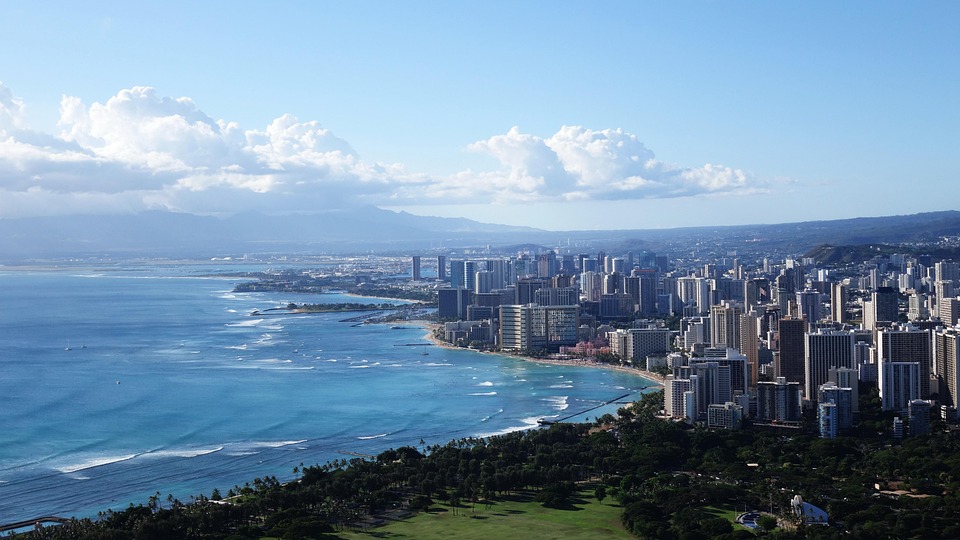
Hawaii’s Historic Push for Legal Gambling Falls Short in 2025
Hawaii was poised to legalize sports betting this year. House Bill 1308 passed both the House and Senate but fell apart when lawmakers couldn’t agree on the final details. Rep. Daniel Holt pushed the bill, but time ran out. The big fight was over money: how much to tax betting companies and what to charge them for licenses.
Hawaii residents have platforms to meet their betting needs; however, any tax revenue generated by these sites doesn’t stay within the state, as they are licensed overseas in locations such as Malta and Curacao. Players can win real money online instantly through various games and sports wagering on these sites. Many of these platforms process payouts quickly, sometimes within hours of withdrawal requests.
Sports Betting Bill Reaches Record Progress
HB 1308 marked the furthest any gambling legislation had advanced in Hawaii’s history. The House passed it 35-15, and the Senate approved it 15-10. The proposal would have authorized at least four online sportsbooks to operate in Hawaii while banning retail betting locations. Daily fantasy sports would have gained legal status under the same framework.
Gov. Josh Green said he would sign the legislation if it included proper safeguards. His support represented a shift for a state that has banned all forms of gambling since statehood. Hawaii and Utah remain the only two states with complete bans on gambling.
The bill encountered problems when House committees removed proposed tax rates and licensing fees to facilitate progress in discussions. The Senate later added back a 10% tax on gross gaming revenues and $250,000 licensing fees. This created friction between the chambers. Industry groups wanted even higher fees, with the Sports Betting Alliance suggesting $500,000 licensing costs.
Casino Plans Face Quick Rejection
Casino gaming faced more formidable opposition during the 2025 session. Senate Bill 893 would have established a Hawaii Gaming Control Commission and authorized casinos within the planned Aloha Stadium Entertainment District. The bill was shelved in February after strong opposition from state agencies and law enforcement.
The proposal included a 15% tax on gross casino receipts and 20-year licensing periods. Sen. Lynn DeCoite said the bill faced overwhelming resistance. The state attorney general and Honolulu prosecuting attorney both opposed casino expansion.
Related proposals included Senate Bill 1507, which would have created a Hawaii Lottery and Gaming Corporation. Another measure, SB 1572, focused solely on sports betting, proposing a 15% tax rate. None advanced past committee review.
Department Disputes Create Problems
Questions about which department would oversee gambling regulation complicated the passage of HB 1308. The original bill assigned oversight to the Department of Consumer Protection. Officials there expressed concerns about handling such responsibilities. The Senate shifted regulatory authority to the Department of Law Enforcement, which also expressed reservations.
Honolulu Police Department Chief Joe Logan opposed the legislation. He said regulation would be complex and noted concerns about gambling-related crime. These concerns reflected broader law enforcement questions about introducing gambling to a state without an existing regulatory framework.
Supporters said regulation would address existing problems with illegal betting. They pointed to estimates suggesting that hundreds of millions of dollars in underground wagering already occur annually through offshore sites and local operations. Legal platforms would have provided consumer protections and age verification.
Economic Arguments Drive Discussion
Proponents highlighted potential economic benefits from legal gambling. Job creation and tax revenue topped their list of reasons to support the bills. Gov. Green mentioned polling data that showed two-thirds of residents supported gaming if the proceeds went to affordable housing programs.
The casino proposal was projected to yield significant economic returns. Backers estimated that 6,000 new jobs and over $250 million per year would be generated from casino operations near Honolulu. These numbers included possible funding for a new Aloha Stadium as part of entertainment district plans.
Some lawmakers raised questions about implementation costs. They wondered if the state could properly regulate new gambling operations. Administrative burden on state agencies became another point of discussion during committee hearings.
2026 Session May Bring New Attempts
Rep. Holt plans to try again next year. Other supporters also expect to push for legalization when the legislature reconvenes. The progress HB 1308 made this session provides a foundation for them to work from.
Lawmakers did approve one gambling-related measure. They established a working study group to investigate the sports betting industry. This group will examine economic and operational issues before presenting its findings.
HB 1308 went further than any previous gambling bill in Hawaii, as no previous gambling measure had passed both chambers of the legislature. This breakthrough suggests Hawaii voters may be warming up to the idea.
